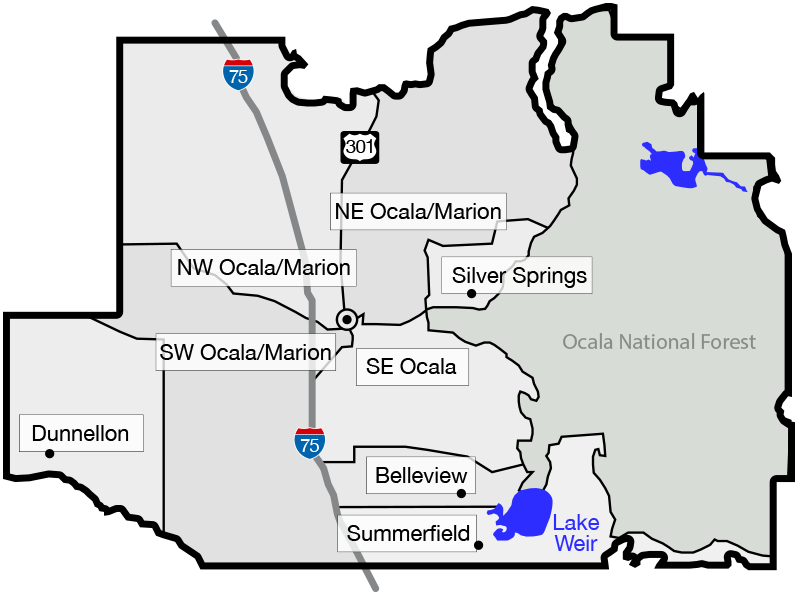
 Homeowners associations (HOAs) are a common feature in many residential communities, providing structure, maintenance, and oversight to keep neighborhoods looking their best. While some homeowners appreciate the benefits of an HOA, others find the rules and fees frustrating. If you’re considering buying a home in an HOA-managed community, it’s essential to weigh the pros and cons before making your decision.
Homeowners associations (HOAs) are a common feature in many residential communities, providing structure, maintenance, and oversight to keep neighborhoods looking their best. While some homeowners appreciate the benefits of an HOA, others find the rules and fees frustrating. If you’re considering buying a home in an HOA-managed community, it’s essential to weigh the pros and cons before making your decision.
Pros of Homeowners Associations
HOAs enforce rules that maintain a uniform look throughout the community, preventing neglected yards, peeling paint, or unkempt properties. This consistency can help preserve, or even increase, property values over time.
Many HOAs offer amenities such as swimming pools, clubhouses, fitness centers, playgrounds, and walking trails. These features can enhance your quality of life without the cost and maintenance of private ownership.
HOAs often take care of common area landscaping, snow removal, and trash collection. Some even handle exterior maintenance for townhomes or condos, reducing homeowners' upkeep responsibilities.
Disputes between neighbors—such as noise complaints, property boundaries, or parking issues—can be handled by the HOA, preventing personal conflicts from escalating.
Some HOAs provide gated access, security patrols, or neighborhood watch programs, helping to create a safer living environment.
Cons of Homeowners Associations
HOA fees can range from a small monthly amount to several hundred dollars, depending on the community and its amenities. Unexpected assessments for major repairs or improvements can also arise, adding to your financial obligations.
HOAs enforce guidelines on home appearance, landscaping, pet ownership, parking, and even holiday decorations. Some homeowners find these restrictions overly intrusive and frustrating.
An HOA’s effectiveness depends on its board members, who are often volunteers. Poor management, financial misallocation, or lack of transparency can lead to increased fees, poor community maintenance, or legal disputes.
If you enjoy customizing your home’s exterior, parking an RV in your driveway, or installing a non-traditional fence, an HOA might not be a good fit. Many homeowners feel constrained by the level of control exerted over personal property.
HOA boards have the authority to issue fines or even place liens on homes for non-compliance. If you disagree with a rule or decision, challenging the HOA can be time-consuming and costly.
Is an HOA Right for You?
Before buying a home in an HOA community, consider your lifestyle and preferences. If you value a well-maintained neighborhood with shared amenities and don’t mind following rules, an HOA could be beneficial. However, if you prefer greater freedom over your property and dislike extra fees, an HOA may feel restrictive.
Homeowners associations offer both advantages and drawbacks, and what works for one homeowner may not work for another. Be sure to review an HOA’s rules, fees, and financial health before making a decision.
